detail profile frigyes holl c3 b3si
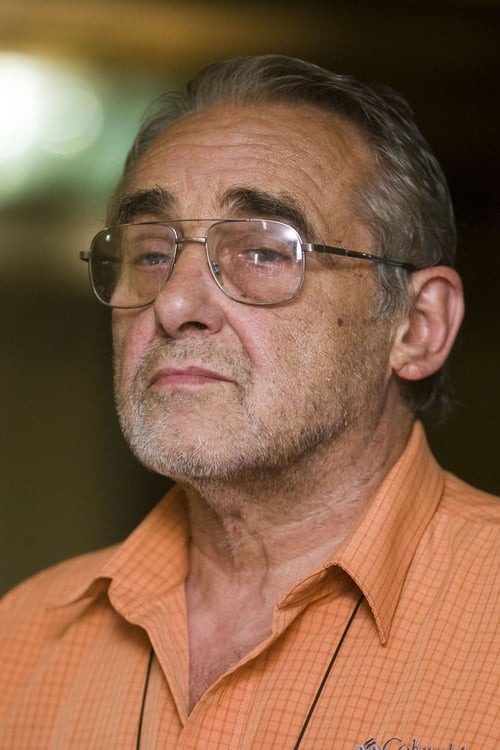
Info Pribadi
Peran Yang Di Mainkan Frigyes Hollósi
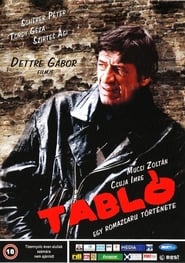 Karcsi a Roma policeman lives with...
Karcsi a Roma policeman lives with...Tabló 2008
Karcsi, a Roma policeman, lives with Eva, a Swede. One day he is called to the scene of the murder of a wealthy trafficker named Schulter. He begins to investigate the crime, interrogate neighbours and suspects, and untangle a complex situation - one that he, himself, complicates even further. For he is a gypsy, who despite being adopted and raised by "regular" Hungarians, has his nose rubbed in his minority status every day. The film, which is based on the novel by Ákos Kertész, is a shrewd genre work full of dusky humour and surreal situations. Tabló follows a vivid succession of strange images that eventually lead to the emergence of the central story about a charismatic police officer on a tireless quest for the truth, though he must fight against virtually everyone and is just as fallible as the next person. Tabló makes a statement on the issue of race and racism - or, indeed, relations between any minority and majority.
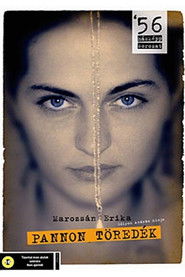 Peter falls in love with Lena...
Peter falls in love with Lena...Hungarian Fragment 1998
Peter falls in love with Lena, a Bulgarian female student in the days of the 1956 revolution. They were both involved in the events of the Revolution, enthusiastically recount their experiences of an American journalist. The boy's parents leave the country, but he did not go with them.
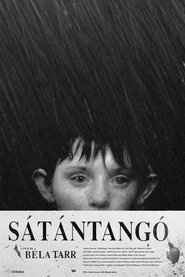 Inhabitants of a small village in...
Inhabitants of a small village in...Satantango 1994
Inhabitants of a small village in Hungary deal with the effects of the fall of Communism. The town's source of revenue, a factory, has closed, and the locals, who include a doctor and three couples, await a cash payment offered in the wake of the shuttering. Irimias, a villager thought to be dead, returns and, unbeknownst to the locals, is a police informant. In a scheme, he persuades the villagers to form a commune with him.
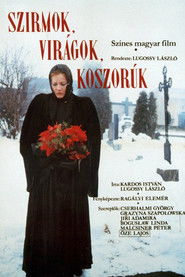 The seeming hopelessness of combatting an...
The seeming hopelessness of combatting an...Flowers of Reverie 1985
The seeming hopelessness of combatting an all-powerful government that will not tolerate political dissension is the focus of this excellent historical drama set in the mid-19th century in Hungary. In the opening scenes, Hungary has just lost its bid for independence from Austria and a Magyar officer, unable to bear the tragedy of defeat and what it means, says an affectionate good-bye to his beloved horse and then shoots the animal and himself. Two years later, Ferenc (Gyorgy Cserhalmi) is trying to eke out a living for his wife and her family -- and at the same time avoid any hint of sympathy for Hungarian independence because the Secret Police are everywhere. Just as life seems to be going well, Ferenc's former commanding officer (Lajos Oze) arrives and begins discussing revolution again -- a futile pursuit at this point in time. The next day, Ferenc is thrown into an insane asylum and everyone else is arrested as well.
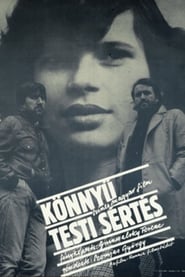 In this mix of black comedy...
In this mix of black comedy...Tight Quarters 1983
In this mix of black comedy and harsh drama, a man and wife are divorced yet still have to share their living quarters even though the wife has remarried -- housing is seriously hard to find in Budapest. Csaba (Karoly Eperjes) has just come out of doing a stint in prison because he stabbed a man while drunk, and when he goes home he discovers that his wife (Mariann Erdos) is now living with someone else in their apartment. Csaba quickly divorces his wife but he still has to move in and share a kitchen and bathroom with her and her new mate, suffering because he still loves her. This untenable situation is complicated by visits from Csaba's mother, and by various women he starts seeing, as well as by a busy-body neighbor. The three main roles of Csaba, his wife, and her lover (Peter Andorai) are excellently interpreted in this satire on social morés and economic realities.
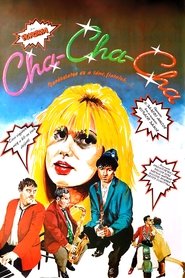 Gruber is a normal 16yearold growing...
Gruber is a normal 16yearold growing...Cha-Cha-Cha 1982
Gruber is a normal 16-year-old growing up in Budapest in 1962, but he has a problem -- how does he get to know the opposite sex? At the Sunday afternoon dance classes the young "ladies and gentlemen" hold each other while dancing, and that makes the lessons worth something. Otherwise, the pianist's attention wanders and the orchestra does not exactly play with a single-minded dedication. In fact, everybody seems to have other things on their minds, except for the enthusiastic dance instructor and his ever-smiling assistant.
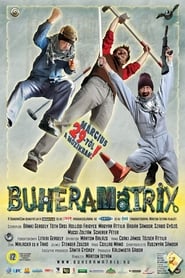
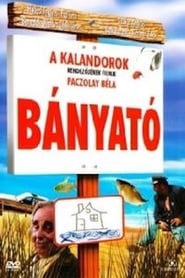
 The fate of a Hungarian Jewish...
The fate of a Hungarian Jewish... In 1960s Hungary an introverted teenagers...
In 1960s Hungary an introverted teenagers...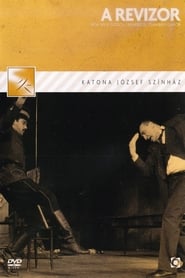
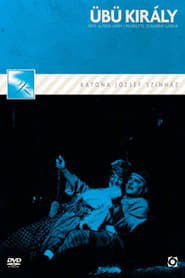
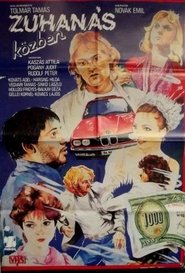 On a single day the fate...
On a single day the fate...
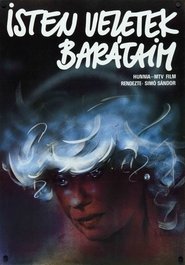 September 1938 Tenants of a Budapest block...
September 1938 Tenants of a Budapest block... Richter Gl and Bakos have stolen...
Richter Gl and Bakos have stolen...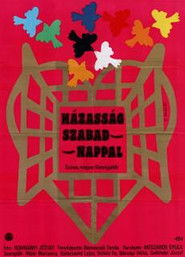 Mici a pretty young girl is...
Mici a pretty young girl is...